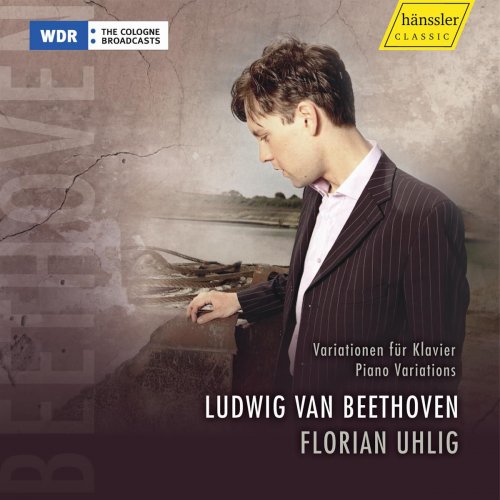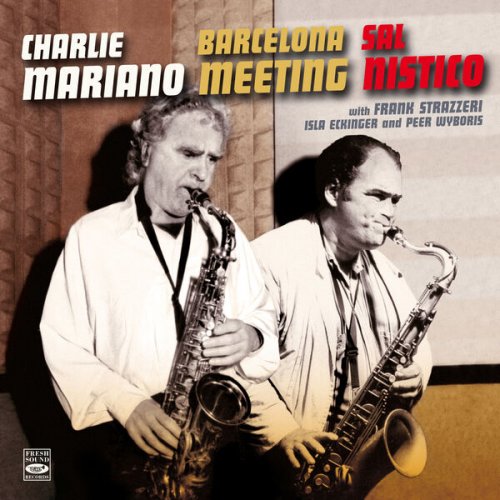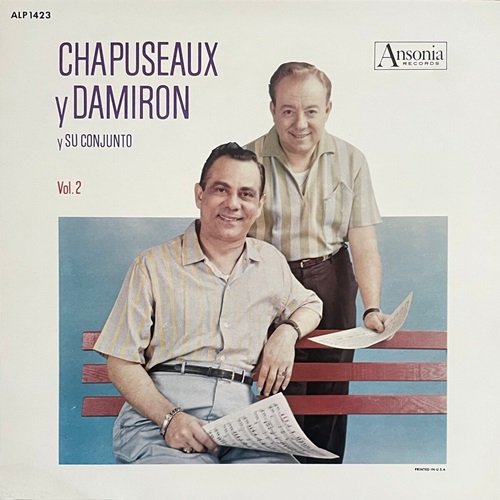Florian Uhlig - Beethoven, L. Van: Variations for Piano (2009)

Artist: Florian Uhlig
Title: Beethoven, L. Van: Variations for Piano
Year Of Release: 2009
Label: haenssler CLASSIC
Genre: Classical Piano
Quality: flac lossless (tracks)
Total Time: 01:19:27
Total Size: 215 mb
WebSite: Album Preview
TracklistTitle: Beethoven, L. Van: Variations for Piano
Year Of Release: 2009
Label: haenssler CLASSIC
Genre: Classical Piano
Quality: flac lossless (tracks)
Total Time: 01:19:27
Total Size: 215 mb
WebSite: Album Preview
01. 5 Variations in D major on Rule Britannia, WoO 79
02. 15 Variations and a Fugue in E flat major on an Original Theme, Op. 35, "Eroica Variations"
03. 12 Variations on a Russian Dance from Wranitzky's Das Waldmadchen, WoO 71
04. 6 Variations on a Swiss Song, WoO 64 *
05. 8 Variations in C major on the Romance Un fievre brulante from Gretry's Richard Coeur-de-lion, WoO 7
06. 24 Variations in D major on Righini's Arietta Venni amore, WoO 65
07. 7 Variations on God Save the King, WoO 78
The works performed here by young German pianist Florian Uhlig are conventionally considered to range from second-tier Beethoven (the Variations and Fugue in E flat major, Op. 35 "Eroica") to nearly inconsequential juvenilia. The Variations in D major on "Rule, Britannia," WoO 79, and Variations in C major on "God Save the King," WoO 78, are played only for their novelty value, and the Variations in C major on "Une fièvre brûlante" from the opera Richard Coeur de Lion by Grétry, WoO 72, and especially the Variations in D major on "Veni Amore" by V. Righini, WoO 65, are rare indeed on concert programs. All these works, with the exception of the "Eroica" variations, were written in the 1790s, and the little Variations in F major on a Swiss song, WoO 64, are a student work from as early as 1790. Uhlig not only resurrects these pieces and makes them enjoyable, he makes a case for them as important determinants of Beethoven's style in general, which is quite an accomplishment. The booklet includes a short interview with the pianist in which he says that his motivation for making the recording was simply that he was well schooled in Beethoven's piano sonatas but never heard the variations at all and wanted to assert their value. To do that, he offers interpretations with three primary features. First, he emphasizes the speed with which Beethoven tends to depart from his theme. Even in the very earliest sets, Beethoven eschews the type of variation that only lightly ornaments the basic melody, and Uhlig focuses on the sharp contrast between the theme and the first variation in a contrast that must have been startling in its time. Second, he takes a structurally rigorous approach, closely tracing the motivic threads that run through these pieces. Hear the unusual highlighting of the repeated fifth that ends many of the antecedent phrases in the "Eroica" variations and is treated a bit differently each time. Uhlig makes the point -- and this might be considered the point of the whole program -- that the motivic concision of Beethoven's music was present from the very start and was absolutely characteristic of his thinking. Finally, and notwithstanding this rigor, Uhlig catches the subtle humor of early Beethoven and even broadens out into pure comedy with a cadenza of his own devising added to the "God Save the King" variations at the end (something Beethoven might well have done himself). The overall result is a recording that's challenging and enjoyable, beautifully recorded, and one that sets a new standard for many of these works.


![Mehmet Ali Sanlikol - The Electric Oud Man Speaks and You Listen... (2026) [Hi-Res] Mehmet Ali Sanlikol - The Electric Oud Man Speaks and You Listen... (2026) [Hi-Res]](https://img.israbox.com/img/2026-02/28/0areq907i6p8nj96306jai1a0.jpg)

![Cheo Feliciano - Mi Tierra y Yo (Remastered 2026) (2026) [Hi-Res] Cheo Feliciano - Mi Tierra y Yo (Remastered 2026) (2026) [Hi-Res]](https://img.israbox.com/img/2026-02/26/3utwbyq7th3hn4a5zsf7qsky1.jpg)

![Alexander Wienand - Strangers (2026) [Hi-Res] Alexander Wienand - Strangers (2026) [Hi-Res]](https://www.dibpic.com/uploads/posts/2026-02/1772172636_cover.jpg)
![Quinsin Nachoff - Patterns from Nature (2026) [Hi-Res] Quinsin Nachoff - Patterns from Nature (2026) [Hi-Res]](https://img.israbox.com/img/2026-02/27/85nl7kuvtne1twyima48wpdro.jpg)
